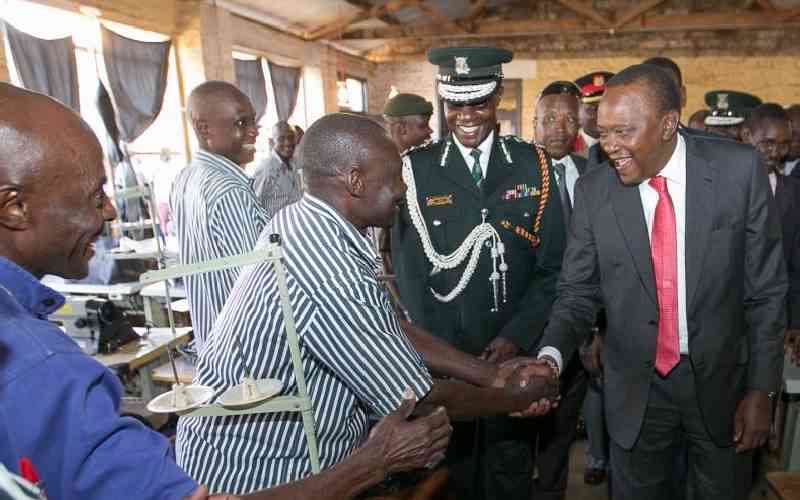
They did not handcuff me. I walked out with my laptop. They claimed later that they had arrested me at home. I was put into a small unmarked car. I was not armed but I was placed between two officers. Other officers sat in the front. I was treated like some dangerous criminal.
In an interview with The Standard last year, Dr Davy Koech, a distinguished researcher and a Harvard professor narrated how the Ethics and Anti-Corruption Commission (EACC) officers took him on a journey that would see his ornate career and good fame crumble right before him.